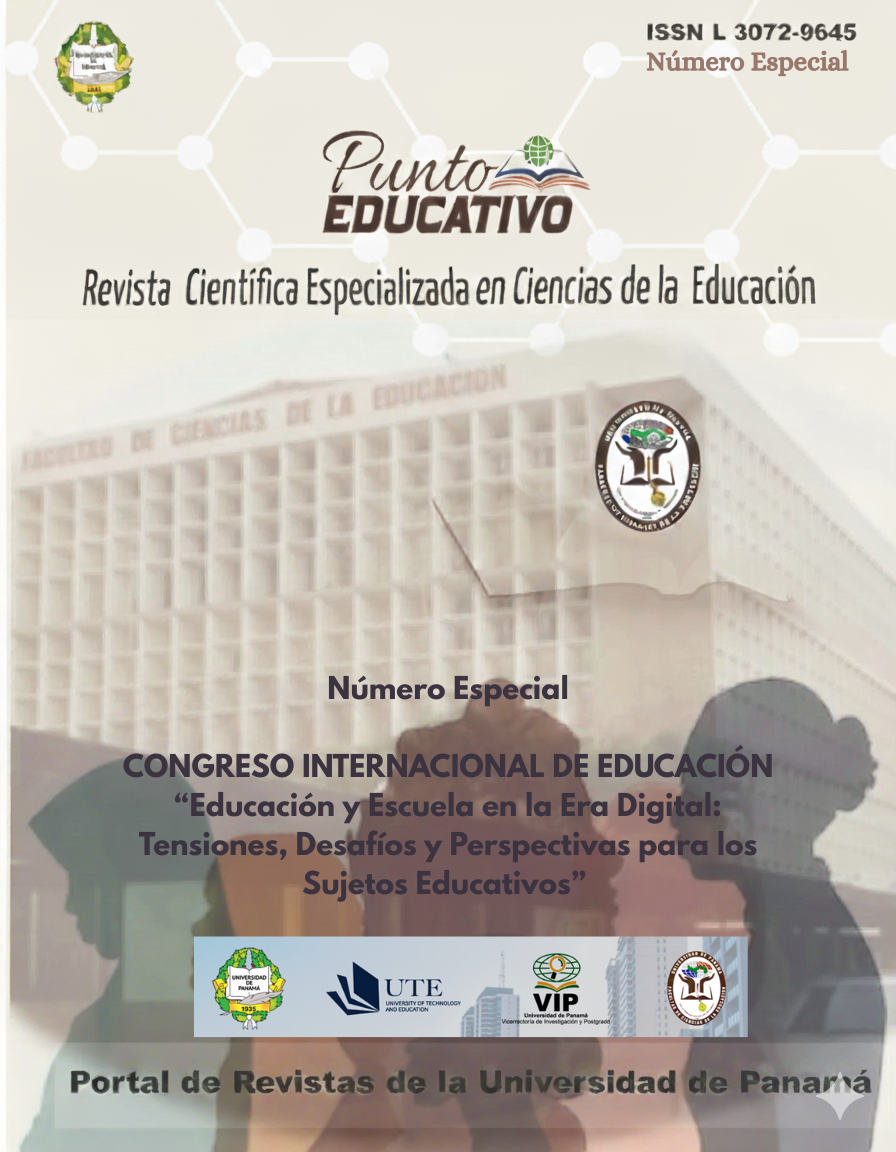

Copyright (c) 2025 Punto educativo

This work is licensed under a Creative Commons Attribution-NonCommercial-ShareAlike 4.0 International License.
Inclusive education has gained importance globally by seeking to provide high-quality teaching to all students, regardless of their individual differences, whether physical, intellectual, social or emotional, including them in the regular classroom. The purpose of this article is to explore teachers' perceptions of inclusive education, from its barriers and potentialities, taking into account that for inclusive pedagogical practices to be effective and encourage the participation of all students, it is crucial that teachers have a positive perception of inclusion. The documentary review carried out in this article explored teachers' perceptions of inclusive education, covering concepts, background, factors, benefits, challenges and opportunities. As conclusions, it is highlighted that teachers' perceptions of this educational approach vary, some see inclusive education as an opportunity to promote greater flexibility and equity, while others consider it a challenge due to the need for more training, planning and resources. The main barrier identified was the lack of teacher training. However, when inclusion is perceived positively, school environments provide important opportunities for socialization and interaction, which promotes the development of social skills, bonding and a sense of belonging, as well as greater academic progress. This suggests that there is a relationship between positive teacher attitudes towards inclusion and better academic and social outcomes for students with diverse educational needs, underscoring the importance of an inclusive learning environment.